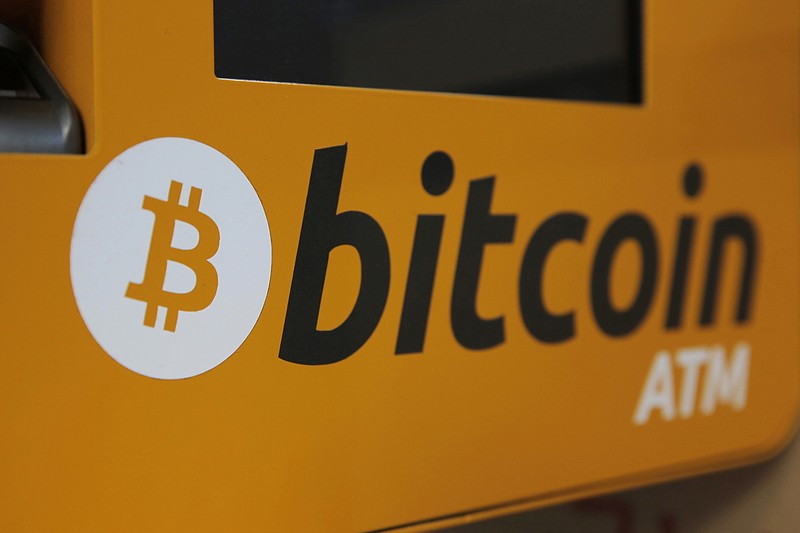"I really like Bitcoin. I own Bitcoins. It's a store of value ..." – David Marcus (CEO of Paypal)
"Bitcoin, Dogecoin lead wipeout of over half a trillion dollars in manic Monday for crypto." – Marketwatch.com
Many passionate proponents of Bitcoin and its ilk maintain with near religious fervor the idea that these "cryptocurrencies" will eventually displace the dollar as the primary global medium of exchange and store of value. It is undeniable that early entrants have, until last week, seen the value of their Bitcoin holdings soar. Yet the novel new commodity has so far exhibited none of the characteristics required of a legitimate currency and many hallmarks of a bubble, as latecomers can attest. As of Sunday, Bitcoin had lost half of its value in just over a month.
There are 4,500 digital "currencies", with a constant churn of entries and exits on a daily (or hourly) basis. Bitcoin, comprising 45% of all cryptocurrency assets, had surged to a stratospheric $64,000 by April 15. But the electronic "currency" has plummeted in recent sessions due in part to regulation by the Chinese government and the capricious Twitter incontinence of the mercurial Elon Musk.
Bitcoin is a so-called "digital asset" that exists only on an electronic ledger book distributed across a worldwide array of computers. It is not issued or controlled by any government or central authority; in fact, this lack of any governmental control is one of the main attractions to its most ardent believers. It is also strike one against its adoption as a currency: nations must be able to control their sovereign money supplies and regulate their legitimate use.
Crypto fans note that the total supply of Bitcoin is limited to 23 million, 21 million of which are already issued. This is redolent of the historical problems in backing currencies with specie like gold or silver, exacerbating bouts of inflation and deepening depressions. On the other hand, they note, new cryptos can be created at will, assuring a virtually unlimited supply. If true, there is no logical reason that the value of a currency in infinite supply should not go to zero. Can't have it both ways. Strike two.
The most obvious problem is on display in real time: the incredible volatility of Bitcoin and its comrades renders it too unstable to serve as money. Supporters tout it as an alternative to the erosion of dollar assets due to inflation. This is an almost trivial argument, as "inflation" is precisely the concept of prices rising relative to the underlying currency (the dollar). Holding cryptos is like owning any other commodity whose prices swing up or down and may turn out to be a very poor store of value. The inflation rate relative to Bitcoin over the past six weeks has been 50%. Strike three.
Of all cryptos, Bitcoin was hardest hit in part due to the incessant and indecipherable comments of Elon Musk. Musk announced in February that Tesla would accept Bitcoin as payment for its vehicles, then dumped on crypto rival Dogecoin as a "hustle" (having previously promoted it) in an appearance on Saturday Night Live, then slammed the car in reverse and rescinded Tesla's decision to accept crypto payments. Any commodity that can swing 30% in response to the musings of a dyspeptic billionaire on a variety show or in a Tweet is hardly a candidate to replace the Greenback any time soon. Strike four (crypto breaks all the rules).
Then consider the Chinese crackdown on Bitcoin that precipitated the initial slide in the crypto market as China pursues its own digital currency strategy. Furthermore, much of global commerce depends on the dollar as a medium of exchange. Central banks hold over $7 trillion is US Dollar reserves, and the US Federal Reserve's emergency dollar supplies were essential in preventing a total collapse of the global banking system in 2008. And at present the IRS taxes gains in crypto value just like any other commodity. Are we up to strike seven?
The real attraction of cryptocurrencies is in the underlying "blockchain" technology, which is already improving data security and safeguarding electronic transaction. As for Bitcoin and its brethren, at least you don't have to fly to Vegas.
Christopher A. Hopkins is a certified financial analyst in Chattanooga.
